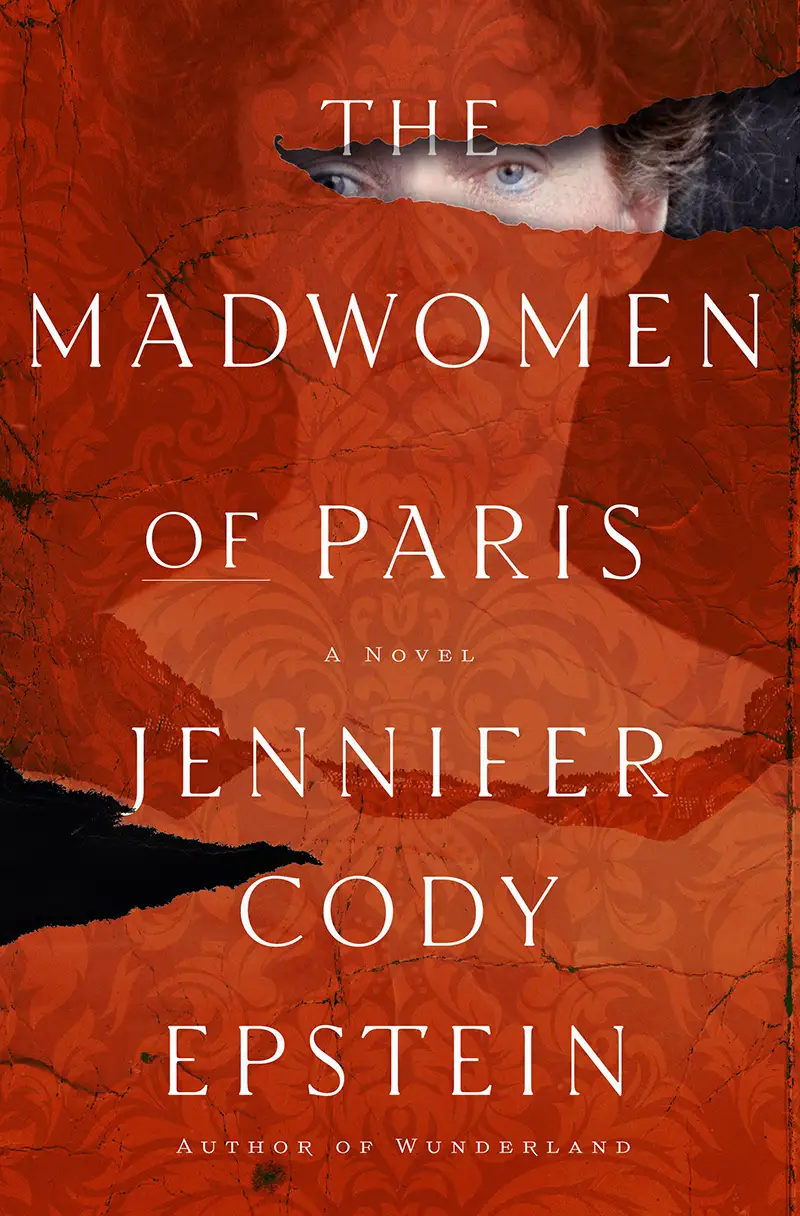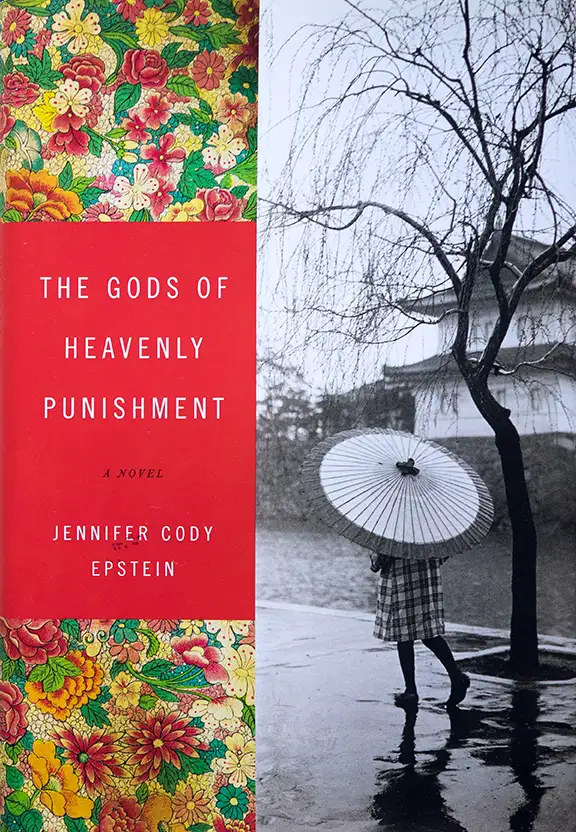


Literature as a lens into the past, present, ourselves. Writing as connective tissue between peoples, cultures, concepts, viewpoints. I love talking craft; what works, what fails, and how the two are (inevitably) deeply interwoven. Delighted to chat with readers of all genres and writers of all stripes, established and aspiring (and in the end, we're all aspiring) alike.
For me, readers are the other half of the writing equation—the eyes and minds for whom books are composed. I often learn as much from them as I do from the research I put into my novels.






After being dragged into the Salpêtrière asylum screaming, covered in blood, and suffering from amnesia, Josephine is diagnosed with what the nineteenth-century Parisian press has dubbed “the epidemic of the age”: hysteria. It’s a disease so uniquely baffling that Jean-Martin Charcot, the Salpêtrière’s acclaimed director, devotes popular lectures to it, using hypnosis to elicit fits and fantastical symptoms in front of rapt audiences. Young, charismatic, and highly susceptible to this entrancement, Josephine quickly becomes a favorite of the powerful doctor and the Parisian public alike.
But her true ally at the Salpêtrière is Laure, a lonely ward attendant. As their friendship blossoms into something more, the two women find comfort and even joy together despite their bleak surroundings. Soon, Josephine’s memory returns, and with it images of a gruesome crime she’s convinced she’s committed. Ensnared in Charcot’s hypnotic web, she starts spiraling into seeming insanity, prompting a terrified Laure to plot their escape together. First, though, Laure must solve a grim mystery: Who, really, is the girl she’s grown to love? Is Josephine a madwoman . . . or a murderer?
Inspired by true events, expertly researched, and masterfully written, The Madwomen of Paris is a Gothic saga for the ages with themes that remain hauntingly resonant today.
“Combining elegant prose, artfully chosen historical details, and convincing characterizations, this haunting narrative showcases Epstein at her best.”
—PUBLISHERS WEEKLY (STARRED REVIEW)

Once inseparable, Berlin teenagers Ilse Fischer and Renate Bauer find their friendship ripped apart by their nation’s abrupt swing into fascism. Ilse, a so-called Aryan, throws her lot in with the Nazi Party, while Renate sees her once-secure world dismantled by Adolf Hitler’s race laws and then shattered by a shocking betrayal. Decades later, that same betrayal will upend the life of Ilse’s daughter, Ava, as she discovers long-buried truths about her mother’s past. A harrowing page-turner, Wunderland traces the lives of three women across two generations—and the devastating repercussions of choices made in the dark days of wartime Germany.
“Explore[s]…how political movements that incubate on hatred disfigure individuals in ways that peacetime never tests. A powerful, woman-centered book that makes ethical sense of fiction.”
—LILITH MAGAZINE

In this evocative and thrilling epic novel, fifteen-year-old Yoshi Kobayashi, child of Japan’s New Empire, daughter of an ardent expansionist and a mother with a haunting past, is on her way home on a March night when American bombers shower her city with napalm―an attack that leaves one hundred thousand dead within hours and half the city in ashen ruins. In the days that follow, Yoshi’s old life will blur beyond recognition, leading her to a new world marked by destruction and shaped by those considered the enemy: Cam, a downed bomber pilot taken prisoner by the Imperial Japanese Army; Anton, a gifted architect who helped modernize Tokyo’s prewar skyline but is now charged with destroying it; and Billy, an Occupation soldier who arrives in the blackened city with a dark secret of his own. Directly or indirectly, each will shape Yoshi’s journey as she seeks safety, love, and redemption.
"The Gods of Heavenly Punishment is a page-turner thanks to its high-stakes adventure, torrid love affairs and characters so real they seem to follow you around. And in the end, this gripping novel asks us not just to consider a lost chapter of a famous war but also to explore what it means to be lucky―and what it means to be loved."
―Amy Shearn, O Magazine

